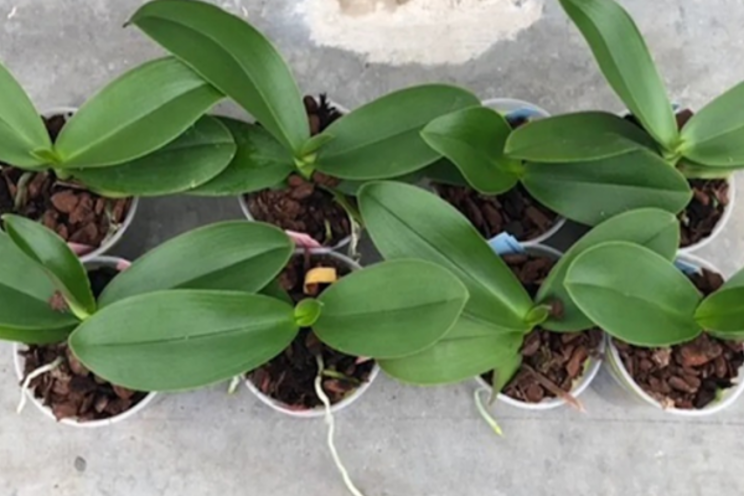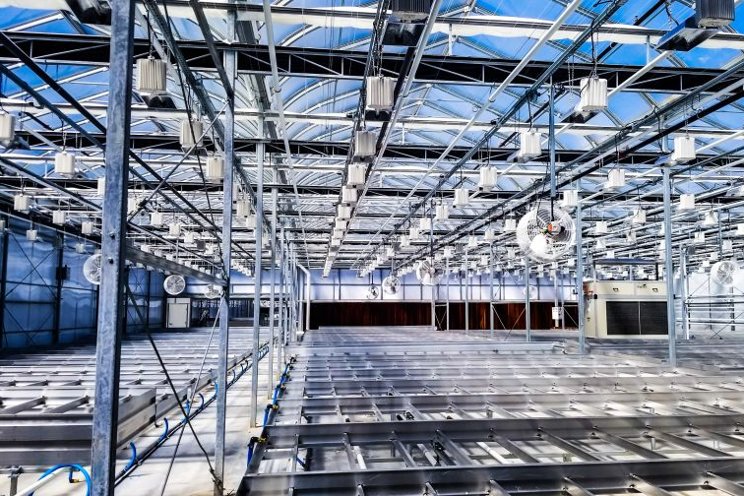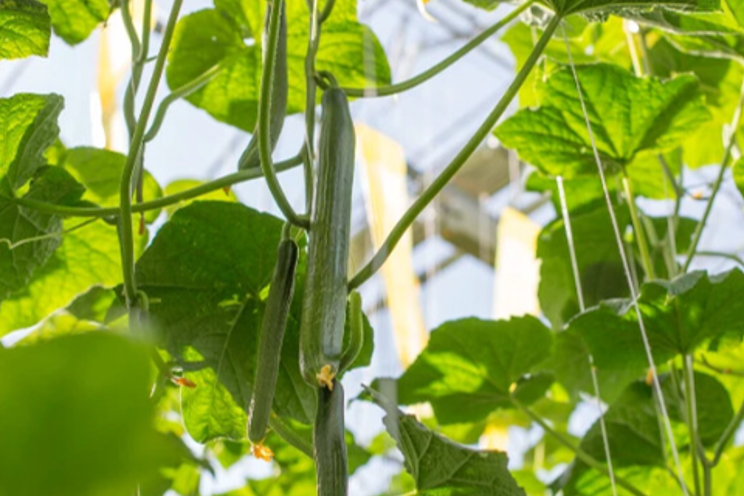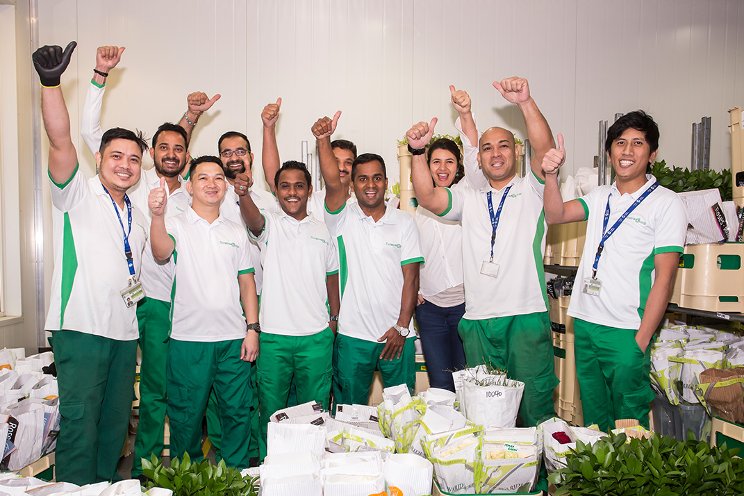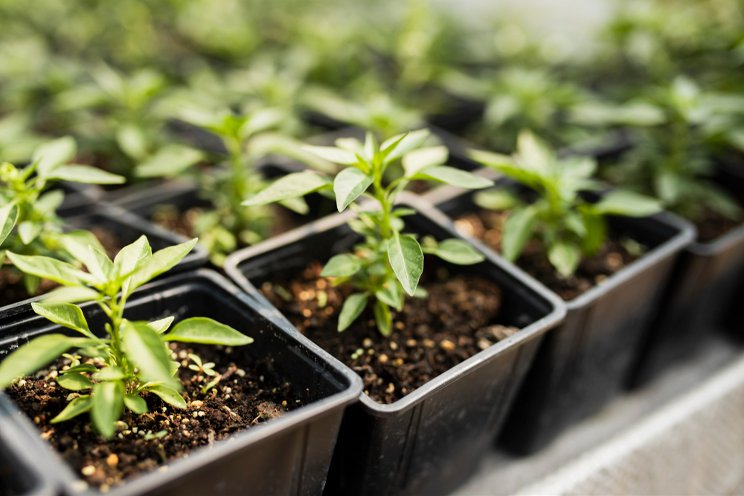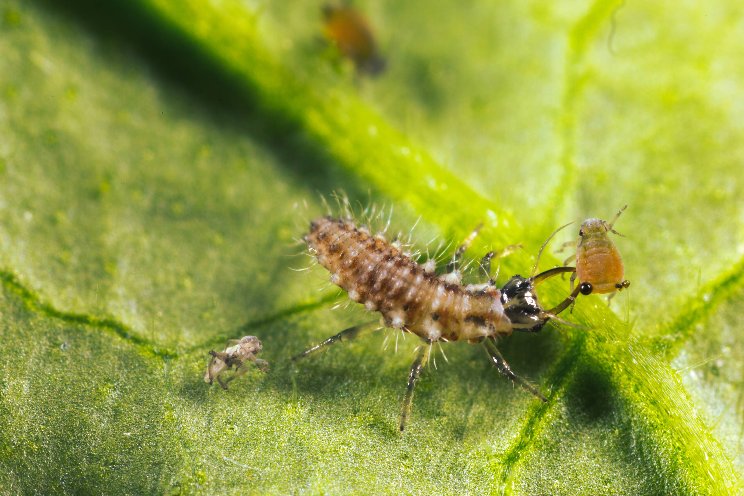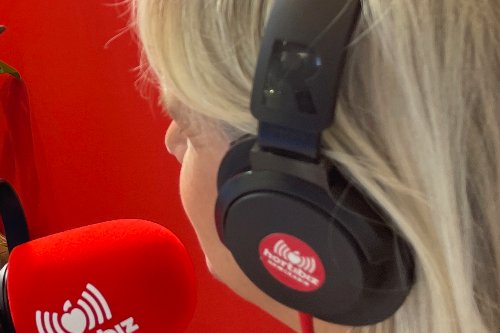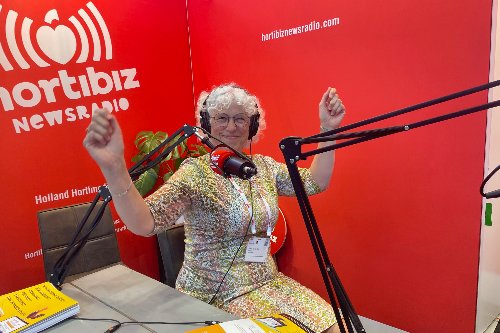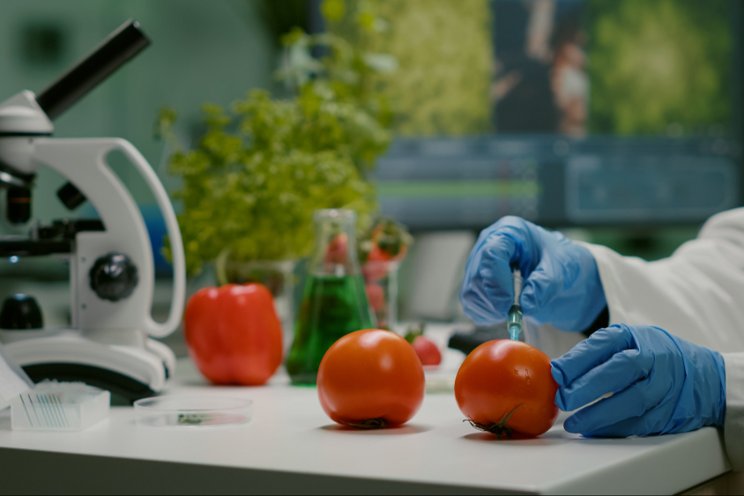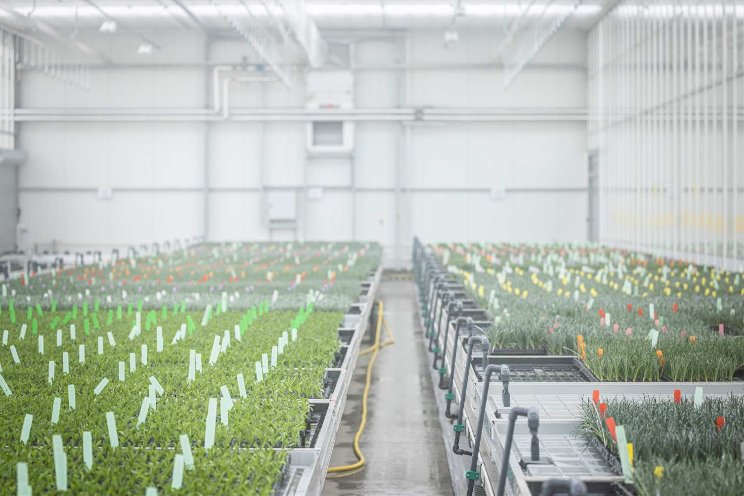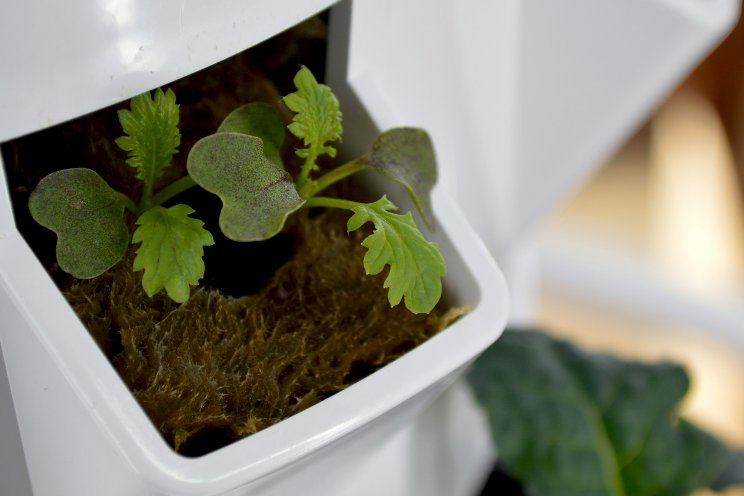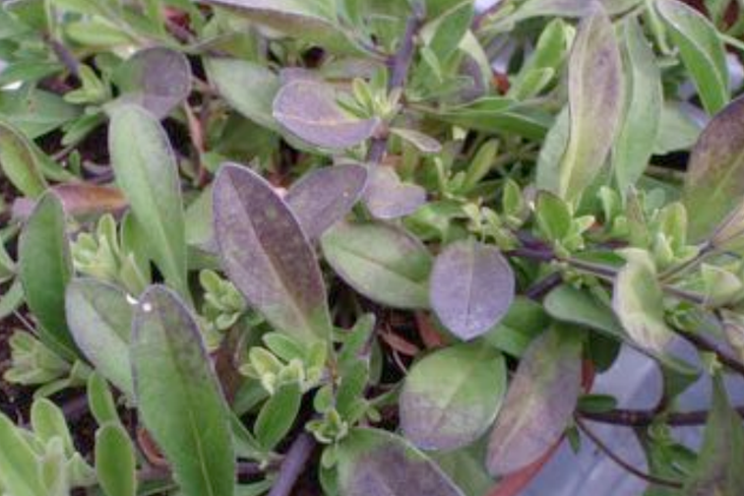Greenovation or frustration? Bernhard Nurseries answers
Added on 13 January 2022
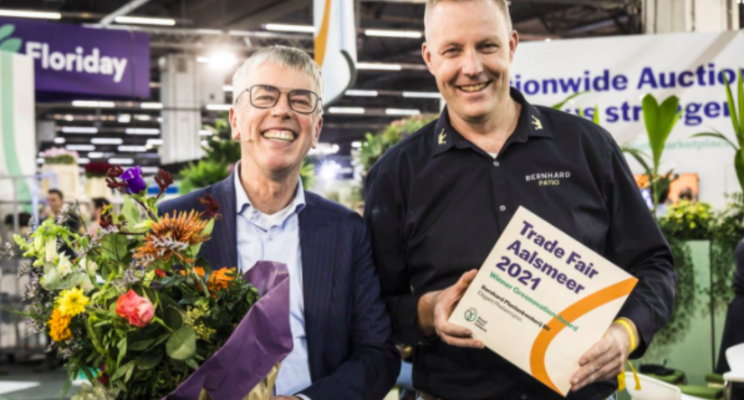
Bernhard Nurseries is a third-generation cut rose, potted phalaenopsis and bedding plant grower in Flevoland, the Netherlands' 'newest' province, mainly created on post-WWII land reclaimed from the sea. The company grows three million phalaenopsis in 12cm pots for the higher end of the market, a wide range of five million bedding and patio plants, plus 25 million stems of 'Avalanche+' roses under a combined 25ha of glass.
At Bernhard Nurseries, run by brothers Bram and Simon Bernhard, a high level of sustainability (and thus a minimal footprint on the environment) is achieved through several operational practices. Such as integrated pest management systems eliminating the need for chemicals and solar electricity production combined with geothermal energy used to heat the nursery's greenhouses where Elegant phalaenopsis occupy pride of place.
An extremely complex endeavour
Set against a backdrop of applause, Bram Bernhard took to the Holland House stage at Trade Fair Aalsmeer on Wednesday, 3 November 2021, to accept the Greenovation award from auction boss Stefan van Schilfgaarde. Royal FloraHolland's annual accolade recognises horticultural companies which have demonstrated exceptional leadership and achievements in the field of sustainability.
Two months later, Bernhard still feels honoured that he received the award, seeing it as a recognition for something he calls "an extremely complex endeavour". He references the needed permits, red tape, various strict regulations, and the debate on nitrogen oxides (Nox) emissions. "For all the bureaucracy, we managed to get the project done and this award crowns many years of hard work and perseverance."
There is no doubt that his continued efforts not always have been easy. At times, society and government seemed reluctant to embrace geothermal energy fully. Bram notes, "In 1959, Exxon Mobil and Shell discovered Europe's largest gas field in Groningen - the Netherlands' northern province. However, after many decades of gas production, the ground started to sink, provoking earthquakes. Then, in 2010, the oil pipeline break in the Gulf of Mexico caused people to be even more critical of mining, which the geothermal industry is also regulated under. Personally, I think the regulations are too severe as geothermal is relatively innocent; in essence, you pump up one cubic meter of hot water and, cooled down, reinject it into the ground."
Click here to read more.
Photo Courtesy of AIPH
Source: AIPH
More news
